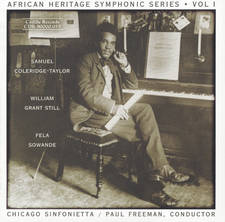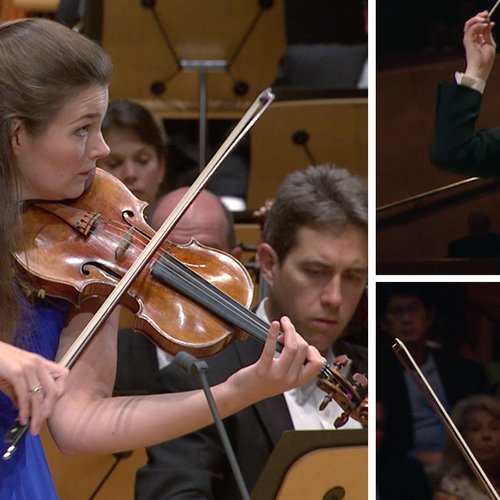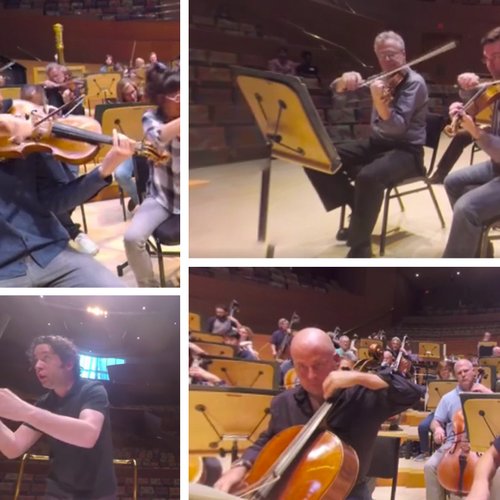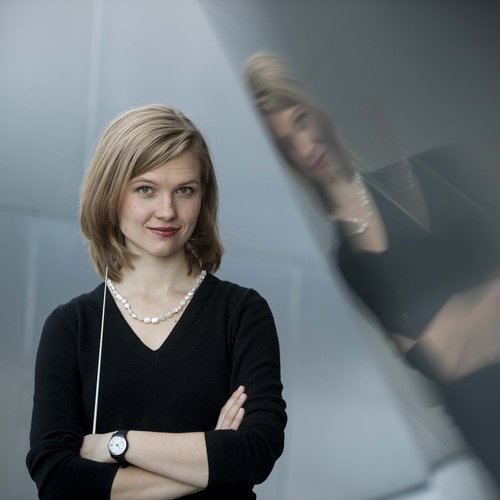We still need positive action in classical music, says LA Phil boss
28 May 2016, 00:17 | Updated: 31 May 2016, 16:23
President and Chief Executive Officer (David C. Bohnett Presidential Chair) of the Los Angeles Philharmonic, Deborah Borda, reveals the need for conscious effort and action around diversity at the top of orchestral music.
One of the most powerful figures in orchestral music has underlined the importance of gender diversity in orchestral appointments and decisions.
"It is a profound issue of our time and real focus is a good thing" Los Angeles Philharmonic President Deborah Borda told Classic FM. "This has been unaddressed for so long that it requires the efforts and energies of our entire music industry. At the LA Phil we are deeply conscious of the challenges so we can make a difference."
Borda continued: "When we are hiring conductors we think about gender diversity, we think about diversity as well. Gustavo Dudamel is Latino and the conductor of our Hollywood Bowl orchestra Thomas Wilkins is an African American."
"Sadly these things don’t always happen naturally. It takes people making a conscious effort to think about it and then to take action. Yes, there is resistance in the beginning, but now you can feel that it’s natural and it’s moving along."
Classic FM spoke to Borda at The Mahler Competition in Bamberg, Germany. It's a competition of significance for the orchestral boss, who has a history of spotting talent. During the inaugural competition in 2004 she received a call from her then Music Director Esa-Pekka Salonen about a young, little-known candidate from Venezuela, Gustavo Dudamel. That conductor has since gone on to classical super-stardom, and has been appointed to the top job at the LA Phil.
She also had some words of advice for young conductors trying to break through: "Read, be thoughtful, be true to yourself, find the repertoire that’s right for you, and work in a humane way with musicians."
She also said a conductor needs to think about that larger picture in a community: "I think there’s a social contract and the more that conductor think about that, even though it’s somewhat outside music, it’s going to be essential for the 21st century orchestra to survive."





